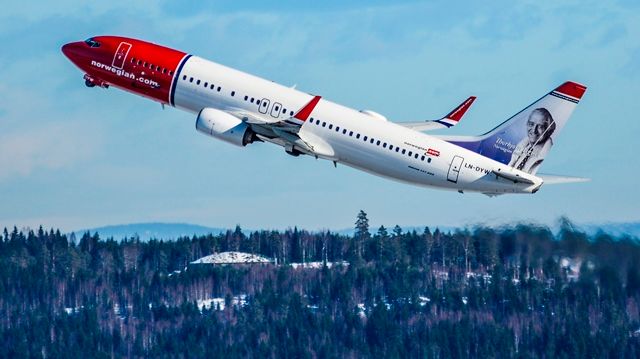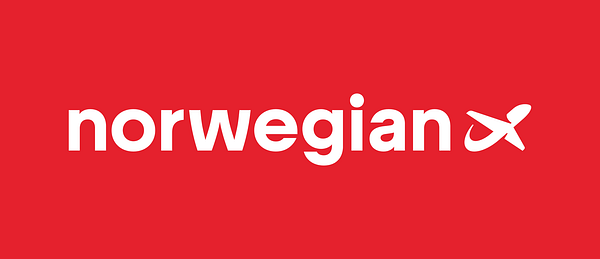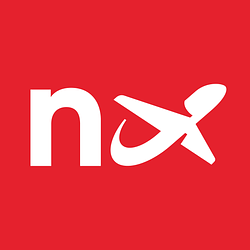
Press release -
Norwegian Reports Continued Passenger- and Capacity Growth in December
Norwegian (NAS) carried more than 1.6 million passengers in December. The last month of the year was characterised by solid passenger- and capacity growth and a higher load factor.
In December, the airline carried 1,604,937 passengers, an increase of 338,131 passengers (27 percent) compared to the same month in 2012. The traffic growth this month by far surpasses the capacity growth. The total capacity (ASK) increased by 48 percent and the passenger traffic (RPK) increased by 52 percent. The load factor was 78 percent, up 1.9 percentage points from December 2012. The increased traffic growth this month is equivalent to the company’s size in the same month just four years ago.
“I am pleased that despite our strong capacity growth in December, we are capable of filling the aircraft even more than the same month previous year. This proves that Norwegian offers a competitive product both in terms of price and quality,” says Norwegian’s CEO Bjørn Kjos.
The company operated 98.2 percent of its scheduled flights in December, whereof 73.3 percent departed on time. The on-time performance has been strongly affected by bad weather in Northern Europe in the beginning of the month.
For more detailed information, please see pdf attached.
Media Contacts:
Corporate Communications Manager Lasse Sandaker-Nielsen, tel: +47 45 45 60 12
Topics
Categories
Norwegian Air Shuttle ASA, commercially branded “Norwegian”, is a low-cost airline listed on the Oslo Stock Exchange. Norwegian is the second largest airline in Scandinavia and third largest low cost carrier in Europe. More than 20 million passengers fly on its network per year. Norwegian has a route portfolio that stretches across Europe into North Africa and the Middle East, as well as long-haul flights to the US and Southeast Asia. The company has a total of 413 routes to 125 destinations and employs approximately 3,500 people in Norway, Sweden, Denmark, Finland, Estonia, UK, Spain and Thailand. The company has 275 undelivered aircraft on firm order. Norwegian was founded in 1993 and its headquarter is in Fornebu, Norway. In 2013, Norwegian was voted Europe’s best low-cost carrier of the year by the renowned SkyTrax World Airline Awards. Norwegian offers better leg room than most competitors, in-flight WiFi, world-class punctuality and a fleet of 80 aircraft with an average age of only 4.6 years.


